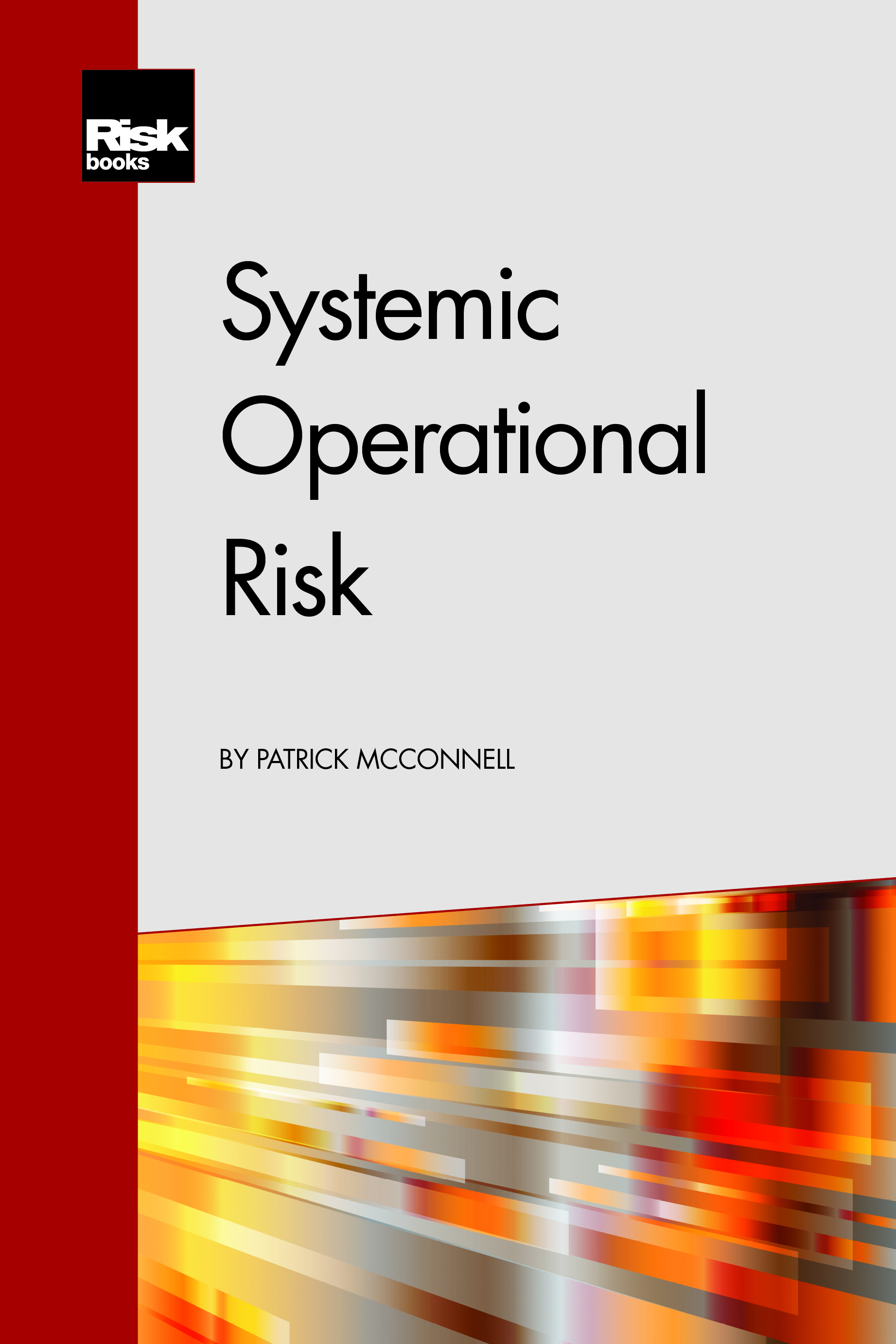Regulatory Talk : SSM is not a “big bang” of banking supervision
By Anja Kraus
COLOGNE, 05.16.2014 . If the European Central Bank ( ECB) takes over banking supervision on 4th November, this will not happen with a “big bang”. Bernd Rummel, Principal Policy Expert with the banking supervisor EBA , expects a flowing and flexible transition to the Single Supervisory Mechanism (SSM). For the implementation of the SSM , the ECB must recruit a large number of staff, the new teams must come together and agree their new responsibilities, accompanied by the question as to how the new legal regulations should be implemented. Likewise, the question is still unresolved as to how many countries will voluntarily agree to be regulated under the uniform banking supervision. ” Is there perhaps a SSM plus the UK and / or a SSM plus Sweden and Denmark ? ” Rummel said ( in photo, right .), speaking within the framework of the Operational Risk Forum 2014 conference in Cologne.
The question of the legal process was a major challenge for the supervisors, both internationally and nationally . It was quite clear that the various National Competence Authorities must work together. Rummel added that processes had now been defined in a 1000 –page handbook. However, come November it would be interesting to see whether and how collaboration worked in reality.
A question that many banks still pose in this context related to the application of the advanced measurement approach (AMA) in the evaluation of operational risk. Its future has been described by Marcus Haas, responsible for banking operations checks at the Bundesbank , with the keywords ” Simplicity and Comparability”. He emphasized to the audience the importance of comprehensive documentation. It was important to make the examiners aware of what, when and why something had happened. ” We need to understand that,” he said, inviting the understanding of his audience and adding with a wink , that otherwise a [supervisory] examination would only last only longer through constant discussions.
If an institution was still deciding whether to opt for or against AMA, “then simply do it!” demanded Haas ( photo 2nd from right . ) in front of operational risk managers in Cologne. It was possibly a mistake not to have required institutions above a certain size to have followed this path, he suggested. He had certainly expected more pressure from the rating agencies at this point.



